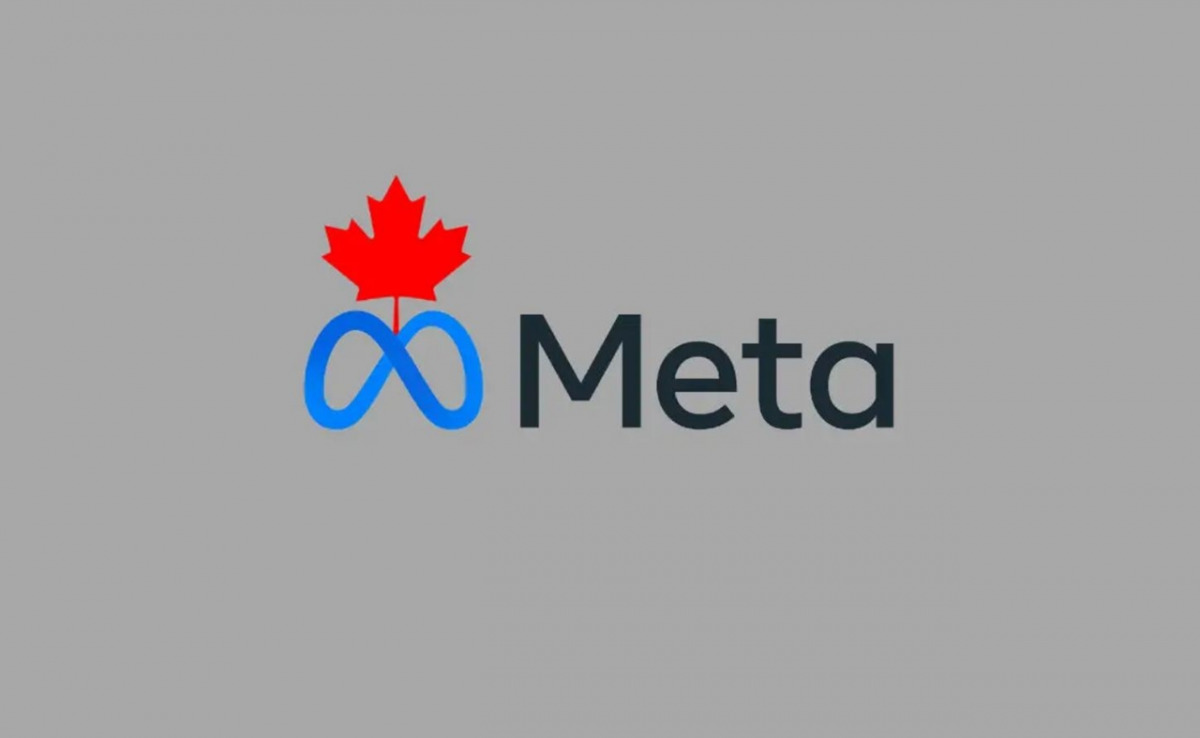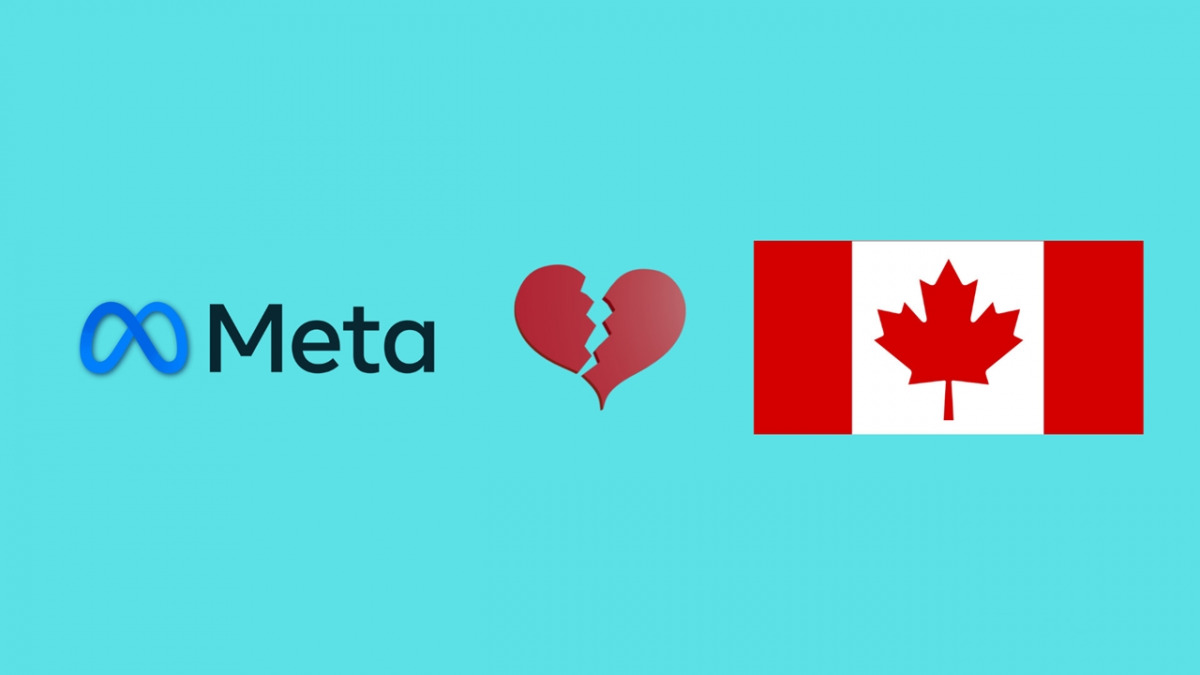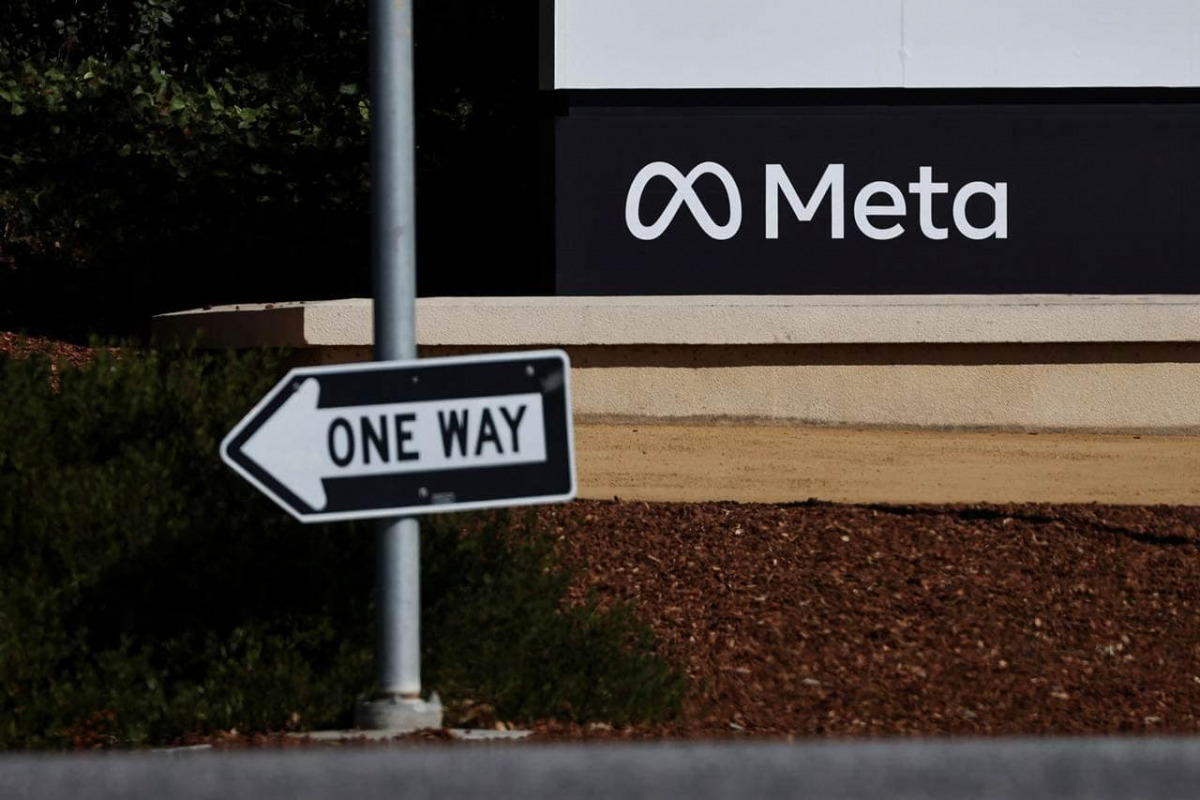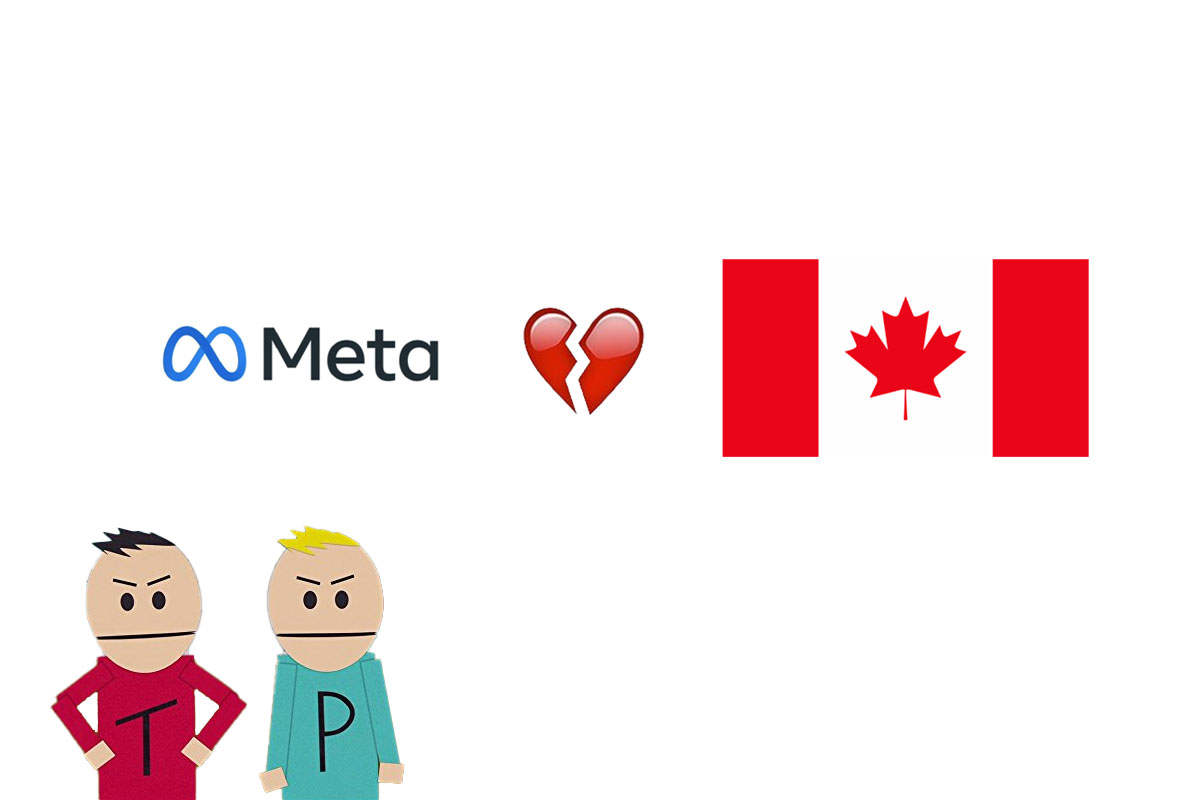Looks like something’s changing in Canada: A representative for Meta says a tech giant is working to block news feeds on Canadian Facebook and Instagram message boards.
The legislation, known as Bill C-18, would require digital giants like Meta and Google to negotiate new deals to compensate Canadian media companies.

Bill C-18 will permanently change Canada’s Internet
Meta threatens Canada It also reduces access to news media on its platforms such as Facebook and InstagramIf Bill C-18 is passed: An Act relating to online communication platforms that make news content available to Canadians.
This bill, which is currently under discussion, realizes that Sites must negotiate compensation for media outlets that publish news on social media. Considering the bill to be ridiculous and dangerous to its economic survival, Meta did not hesitate to threaten to ban journalistic content if approved.
Meta’s response and the Australian case
Meta Canada’s Public Policy Manager Rachel Curran confirmed that The content blocking team is preparing to stop the news from being made available On social media, we are ready if the News Act is passed. Speaking before the House of Commons heritage committee on Monday, Curran said the company would remove the messages carefully, responsibly and transparently: “Our absolute intention is not to make the same mistakes in Canada that we made in Australia.”

If the situation sounds familiar, there’s a reason: Australia introduced similar legislation in 2021, which was opposed by both Google and Meta. However, in the Australian case, it was Facebook that preemptively blocked news content for its users for about a week in order to achieve necessary changes to the Australian News Media Bargaining Code. According to the report, The Facebook shutdown reduced traffic to Australian news sites by around 30% and has been widely criticized for affecting non-news content such as official government pages.
Meta is forced to reorganize message sharing
Along with Google, Meta has opposed Canada’s Online News Act and said it is willing to block journalistic content in Canada. “In front Adverse legislation based on false assumptions “We believe it’s important to be open about whether we may be forced to consider whether we should continue to allow the sharing of journalistic content in Canada, challenging the logic of how Facebook operates,” said Mark Tinsdale, president of Media Partnerships last year. of the Canadian Division of Meta.

Now the agency has reiterated that position in a lengthy statement released on Monday by Nick Clegg, META’s head of global affairs and former British politician: “The Online News Act is based on a fundamentally flawed premise. Meta does not take unfair advantage of sharing links to journal content on our platform. The opposite is true.”
“Ultimately, this legislation puts Meta at a disadvantage. Accordingly, we must operate in an imperfect and unfair regulatory environment, or stop making news content available in Canada. Reluctantly we choose the second hypothesis. As the Canadian Heritage Minister said, it was a business decision.
Canada’s Future and Bill C-18
Obviously, Bill C-18 has generated a lot of controversy since it was first proposed in 2021. Brett Carraway, associate professor of computer science and technology, told True North. It doesn’t make sense to ask tech companies like Facebook to pay when users engage with Canadian online journalism: “I want to go to Parliament and ask: Do you at least know how the Internet works?”.
Like many pundits, Carraway understands Parliament’s need to support the press, but believes the bill is the wrong approach: “It scares me. That’s not how you solve a problem.”

Meta’s move comes after Google began blocking news links for 4% of Canada’s population. Prime Minister Justin Trudeau, who is trying to push through an online news bill, said he Google has chosen to ‘block Canadians from accessing news’ over ‘paying journalists for the work they do’.That move was a terrible mistake.
At this stage, it is difficult to predict how this situation can be resolved. If the law is approved, the only certainty is that Most likely the same situation as already seen in Australia will repeat itselfThat means a sharp drop in hits on Canadian online news outlets.

“Total coffee junkie. Tv ninja. Unapologetic problem solver. Beer expert.”


